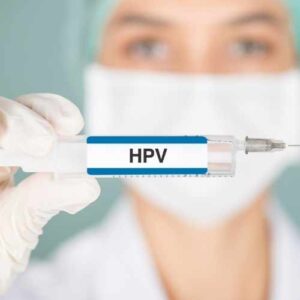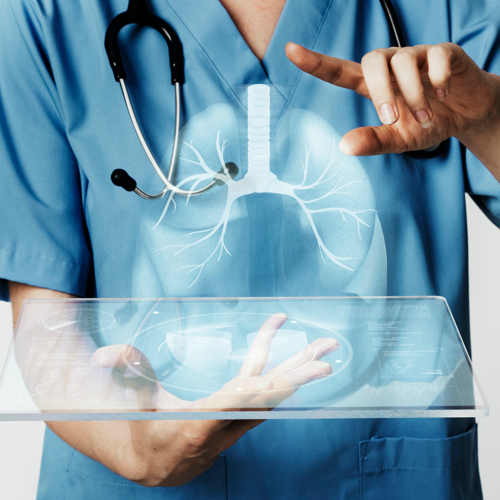What is the HPV Vaccine?
What is the HPV Vaccine?
The HPV vaccine is administered in two or three doses, depending on age, and provides protection against infections caused by the Human Papilloma Virus. By receiving this vaccine, the potential for infections to cause conditions like genital warts or cancer can also be prevented.
What is HPV?
HPV is a general term used for a group of similar viruses known as the Human Papilloma Virus in medical literature. It is one of the most common sexually transmitted viruses. While it is not known with certainty, there are believed to be over 100 types of HPV. Some of these types cause warts, while others can lead to cervical cancer. Approximately 40 of these types are specifically associated with genital issues and can trigger wart formation. The types that cause cancer are predominantly HPV 16 and 18. In the vast majority of cervical cancer cases, the human papilloma virus has been detected. Additionally, it is known that this virus can lead to other types of cancers as well.
Types of Cancer Linked to HPV:
- Cervical cancer,
- Head and neck cancers,
- Anal cancer,
- Penile cancer,
- Vaginal cancer,
- Vulvar cancer.
HPV is generally a virus transmitted through sexual contact. Since it often presents no symptoms, individuals may be unaware that they have contracted the infection. After transmission, the virus can spread to various parts of the body. If the immune system recognizes and destroys the virus, it may not cause any health issues. In some cases, symptoms like wart formation may appear 2-3 months after exposure. The time required for cancer to develop is approximately 10-15 years. There is no definitive treatment method for HPV once contracted, but the conditions it causes can be treated. In some cases, warts may disappear on their own without treatment, though they may also remain the same or increase in size and frequency. Vaccines have been developed to protect against HPV. Since these vaccines do not treat infections or conditions after transmission, they must be administered before exposure. Therefore, the HPV vaccine is highly important and should be given while the individual is still healthy.
Who Should Get the Vaccine?
There is a general perception in society that cancers related to human papilloma virus mainly occur in women. However, while it is essential for girls to get vaccinated at an early age, HPV can also cause cancer in men (penis, anus, head and neck cancers) as well as women (vagina, cervix, head and neck cancers). Therefore, it is crucial for boys to be vaccinated as well. According to the Turkish Gynecological Society’s report, if possible, the HPV vaccine should be given before the onset of sexual activity, at ages 11-12 for both boys and girls. Even if sexual activity has already begun, it is recommended that girls and women aged 9-26 receive three doses of the vaccine. If there is a family history of cervical cancer, vaccination can begin around the age of 9.
The HPV vaccine can be given at any age. However, the earlier it is administered, especially before HPV exposure, the more effective it is. Currently, two types of HPV vaccines are available. One is the bivalent vaccine, which contains antigens against HPV types 16 and 18. The other is the quadrivalent vaccine, which, in addition to HPV types 16 and 18, is also effective against HPV types 6 and 11.
HPV vaccines are administered intramuscularly, typically in the arm or hip, in three separate doses. Due to the high cost of the vaccine, there have been suggestions that a single dose may offer effective protection. Since the vaccine does not contain live or dead viruses, it generally does not cause serious side effects, aside from redness and swelling at the injection site. Some private health insurances do not cover the cost of the HPV vaccine.
Side Effects:
As mentioned above, the HPV vaccine does not have serious side effects. Commonly reported side effects include redness, occasional pain, fever, and headache. While more problematic situations can arise later on, avoiding vaccination altogether is extremely risky in terms of HPV. Starting from a young age, it is important to keep track of HPV vaccinations and prioritize health.





